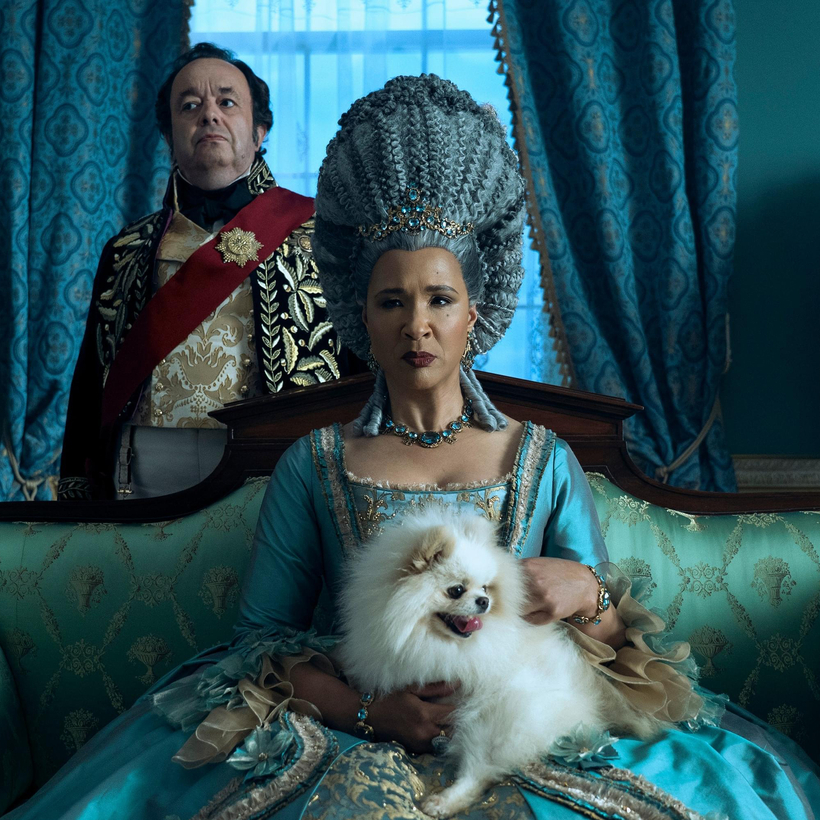I have interviewed stars more famous than Shonda Rhimes. I have never, however, been asked by so many female friends to tell one that they love her. The television Rhimes writes creates an intimacy with viewers so intensely personal that when we first meet, I feel — like my friends — as if I already know her. Rhimes’s body language quickly makes it clear that she would rather we didn’t.
Although perfectly warm and friendly, she radiates surprisingly guarded reserve. The TV mogul has always said she writes shows about the sort of strong, smart, powerful women she knows, and is a fixture on Forbes’s lists of America’s 100 Most Powerful Women and Richest Self-Made Women. “People often say they feel like they’re an impostor, and someone’s going to find them out,” she says. “But it doesn’t make sense to me. I belong in every room I’m in. If I got in the room then I belong in that room. I am there, aren’t I?” So her air of stiff wariness is at first puzzling. When its reason emerges, it is horribly sobering — or, as she would put it, “interesting”.

